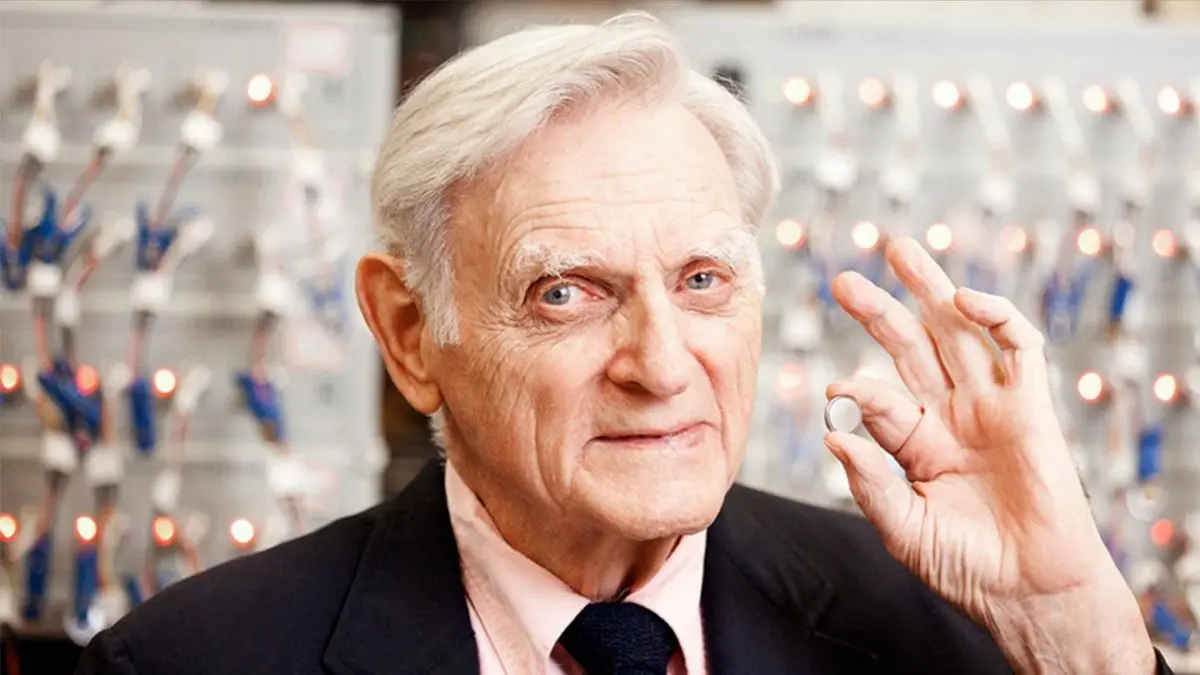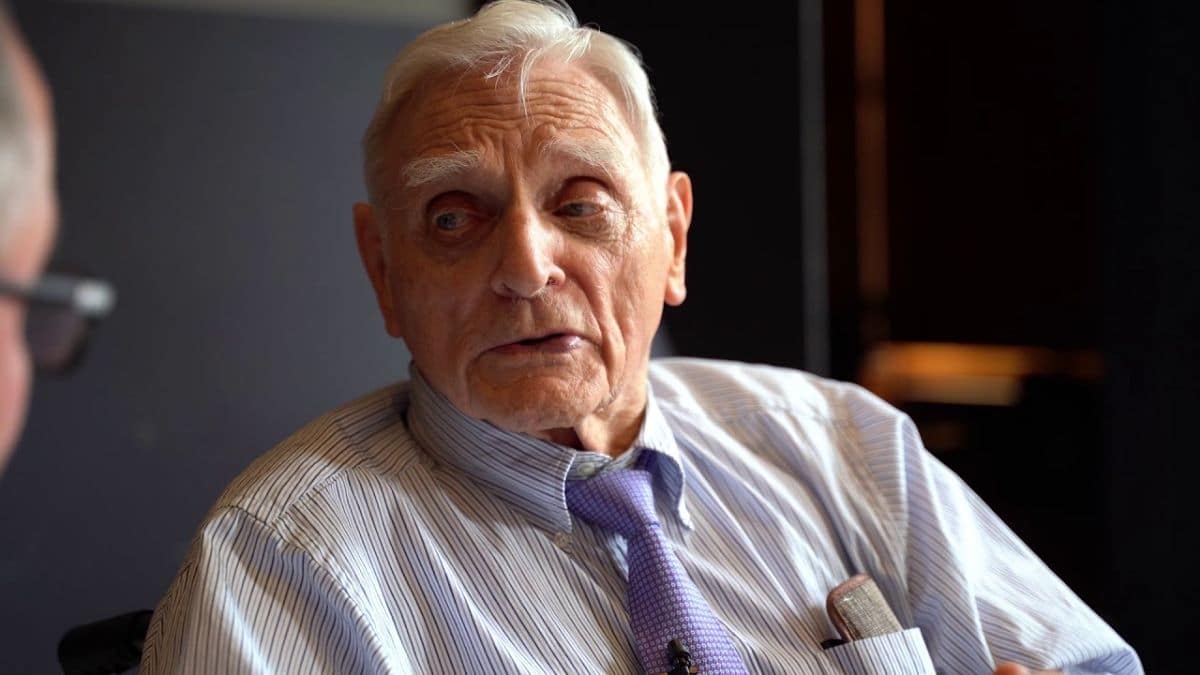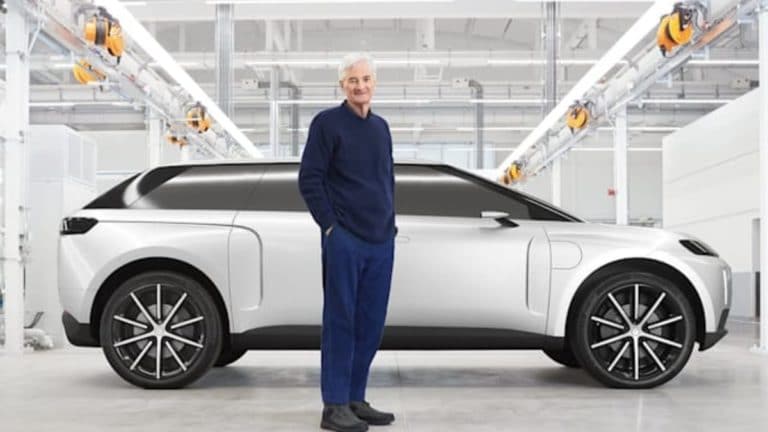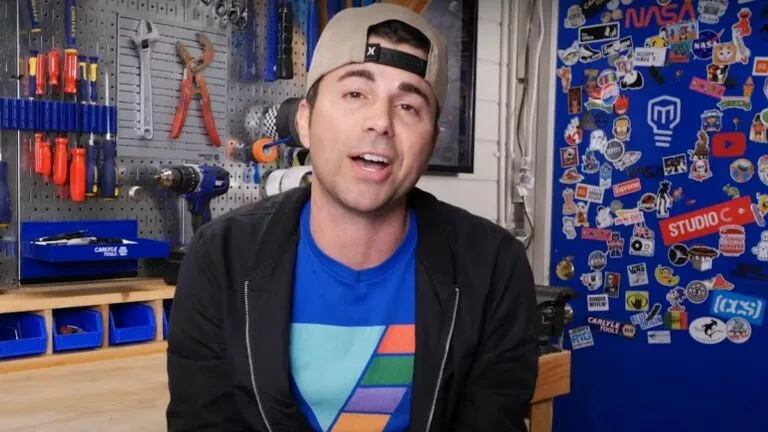This Man Will Revolutionize Electric Car Batteries At The Age Of 112 Years

John B. Goodenough, one of the key players behind the success of Lithium-Ion Batteries, announced a breakthrough on solid-state batteries two years ago. Goodenough claimed that if successfully made, then the new batteries could wipe out the internal combustion engines.
Today, at the age of 97 years, Goodenough is working alone at his place due to the COVID-19 pandemic. The update on the battery’s progress is being shared by Hydro-Québec, an electricity generation company in Montreal. The public utility company also has a research institute, and it’s been working with Goodenough since 1996.
Recently, the online publisher Electrek spoke with Karim Zaghib, the General Director at the company’s research division Center of Excellence in Transportation Electrification and Energy Storage.
Zaghib has shared some updates regarding the solid-state batteries. He said that currently, lithium iron phosphate batteries used in electric cars and all other electronic gadgets are of Gen 1. The batteries that Goodenough talked about will be Gen 3 batteries.
As we know, these solid batteries will have a greater energy density, longer charging cycles, and eventually less expensive. However, it’s not coming anytime soon, said Zaghib.

Solid-State Batteries Not Coming Anytime Soon? What Now?
The good news is that research is being done on what they call Gen 2 batteries (lithium metal polymer) on a 50 percent collaboration model with Mercedes Benz. Here, the idea of second-generation lithium-ion batteries is inspired by Goodenough’s technology. However, Goodenough will not have any role to play in it.
Similar to solid-state batteries, these, too, will not use liquid electrolytes as a medium for the exchange of ions.
The liquid electrolytes are flammable; hence, there are safety concerns. In contrast, the solid electrolyte will not be prone to fire as well as it will have two to three times the energy density.
Zaghib added: “In the case of solid electrolyte, we use a polymer to decrease the temperature from 80 degrees C to less than 50 degrees C. This is what you call Gen Two.”
Additionally, the temperatures in Gen 3 solid-state batteries will be as low as 25 degrees C. Furthermore, he said that these batteries would be functional as soon as 2026.
On the other hand, when asked about how much time will, Goodenough’s solid-state batteries take to enter into the production? Zaghib explained that Gen 3 batteries would have ceramic oxide electrolytes, and it’s challenging to make an electrolyte film using a ceramic material, but the team is working on it.
However, considering the initial developments, it will take around three years to scale the technology and about five years to find a company to commercialize this technology.
So, solid-state batteries are coming — but not now, not tomorrow. It will take time. Moreover, referring to previous lithium iron phosphate batteries, he said it took around 15 years to commercialize them.
If we believe what Zaghib says, then Goodenough will be 112 years old when his solid-state batteries would power any electric vehicle.






